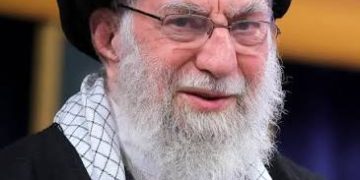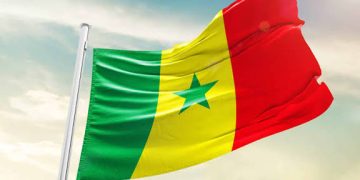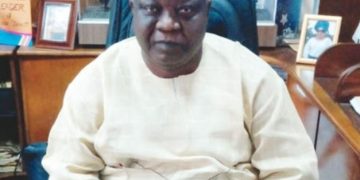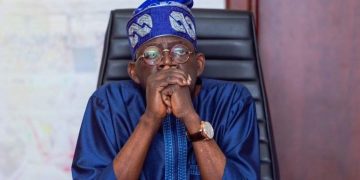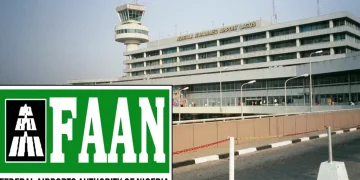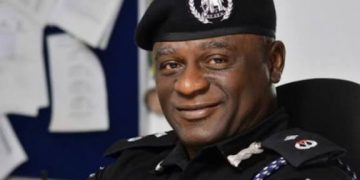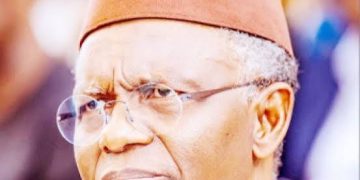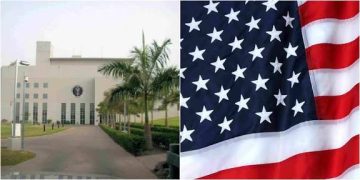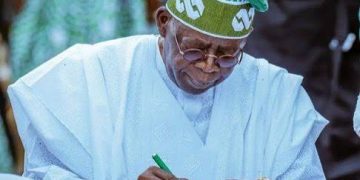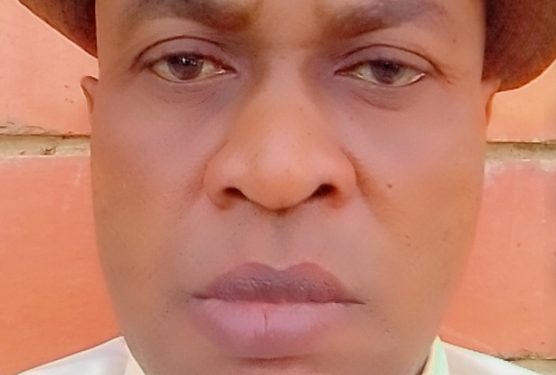A society with a corrupted public conscience and weakened moral fabric cannot sustain true freedom. This reality is becoming increasingly evident in Nigeria, where terrorism, banditry, and widespread insecurity continue to undermine national stability and public confidence. Despite various government efforts, the gravity of Nigeria’s security crisis indicates that far more decisive and courageous measures are urgently needed. The world is not endangered by those who commit evil, but by those who stand by and watch.
Reintegrating former Boko Haram fighters into the military remains one of Nigeria’s most consequential and controversial mistakes. In 2016, the Nigerian government launched Operation Safe Corridor to rehabilitate and reintegrate ex-insurgents. According to official accounts, coordinated military operations have since led to the mass surrender of more than 35,000 Boko Haram and ISWAP members and their families. Authorities insist the reintegration of deradicalized combatants will promote lasting peace and help end the decade-long insurgency. However, rather than healing the nation, this approach has resulted in further pain, loss of valuable lives, and the waste of scarce resources. This policy misstep demands urgent review and correction.
For years, Nigerians have demanded that successive administrations identify and prosecute those sponsoring terrorist organizations. Yet no comprehensive list of financiers has ever been made public raising concerns about political will, institutional weakness, and the influence of powerful interest groups. Without decisive action, citizens fear that the insecurity crisis may soon exceed the capacity of the state.
Nigeria continues to face persistent threats from ISWAP, Boko Haram, armed bandits, and criminal networks embedded across various regions. These groups execute daily, coordinated, and often highly tactical assaults on civilians and the military alike. Many attacks display a level of precision and sophistication comparable to operations carried out by trained special forces.
Unarmed, untrained, and unprotected civilians stand no chance against such brutality. Entire communities have been wiped out, villages displaced, and thousands of families left in perpetual mourning. More than 80,000 lives have been lost to terrorism, kidnapping, and banditry over the last decade and the toll continues to rise. For many Nigerians, each day is filled with anxiety, uncertainty, and fear.
Security agencies appear overstretched and, in some cases, under-resourced. Public frustration is mounting as questions persist: Why do terrorists seem to be gaining ground? Are authorities withholding the full truth about the scale of the threat?
A Dangerous Turning Point: The Death of General Musa Uba
The killing of General Musa Uba, Commander of the 25 Task Force Brigade, marked a tragic turning point. General Uba, a seasoned officer who survived multiple encounters with insurgents in the North-East, was ambushed and killed by ISWAP fighters. His death sent shockwaves across the nation.
If a senior military commander can be killed so easily, many Nigerians ask: Who is truly safe? What chance does the ordinary civilian have?
For the first time since the civil war, according to the stories passed down by our parents, Nigerians are witnessing violence on a scale and frequency that resembles a slow-burning national catastrophe.
There is growing sentiment that Nigeria may require direct international assistance particularly from the United States. While many Nigerians strongly value sovereignty, others argue that sovereignty holds little meaning when citizens are being slaughtered like an endangered species, and terrorist groups continue to carve out territories within Nigeria’s borders.
It’s important to suggest that if Nigeria truly wants to defeat terrorism, deeper collaboration with global superpowers may be unavoidable. Many believe that sharing intelligence or permitting limited international intervention could shift the balance in Nigeria’s favor.
U.S. President Donald Trump declared Nigeria a “country of particular concern” in November 2025, citing religious persecution, Islamist extremism, and political instability. Reports indicate that Trump has urged the U.S. military to prepare for potential action against extremist networks operating inside Nigeria.
Although the idea of American forces arriving “guns blazing” is controversial, some Nigerians now view such intervention as a possible lifeline.
Across Borno, Yobe, Adamawa, Benue, Plateau, the Southwest, South-South, and Southeast, insurgency has spread rapidly. Terrorist groups have entrenched themselves, establishing quasi-governments with taxation systems, judicial structures, and checkpoints. In these areas, they operate with alarming freedom, aided by weak governance, corruption, and the absence of sustained political resolve, and these terrorists are making deals with government officials
25 schoolgirls were abducted in Kebbi State, with their principal confirming their capture.
Six displaced persons were murdered in Taraba.
Rising political tensions saw PDP leaders urging President Trump to “save democracy in Nigeria” after chaos involving policemen at party secretariats.
Christian leaders have issued renewed warnings about targeted killings and religiously motivated violence.
These developments signal a country dangerously drifting toward the brink.
President Bola Ahmed Tinubu Faces a Historic Challenge
President Bola Ahmed Tinubu is confronted with one of the most daunting national security challenges in Nigeria’s history. Citizens across the country are pleading for urgent, bold, and decisive action.
Mr. President, our lives matter. We have not seen this level of violence since the civil war. We are living a nightmare, and hope is fading.
If uncompromising measures are not taken immediately, Nigeria risks being overwhelmed by forces determined to dismantle its stability and sovereignty.
At this critical juncture, Nigeria stands at a crossroads. Terrorist groups are expanding their influence, civilian casualties are increasing, and the military is experiencing losses unprecedented in recent history.
There is no shame in seeking help. But Nigeria’s leadership must first acknowledge the magnitude of the crisis, confront internal sabotage, expose terrorism sponsors, and collaborate meaningfully with the international community.
Nigeria must act before the American government is forced to act on its behalf.
Daniel Nduka Okonkwo is a seasoned writer, human rights advocate, and public affairs analyst recognized for his incisive commentary on governance, justice, and social equity. Through his platform, Profiles International Human Rights Advocate, he highlights critical social and political issues while championing accountability, transparency, and reform. With more than 1,000 published articles available on Google, his work has appeared in Sahara Reporters and other prominent outlets. Okonkwo is also an accomplished transcriptionist, petition writer, ghostwriter, and freelance journalist known for his precision, depth, and unwavering commitment to human rights.

